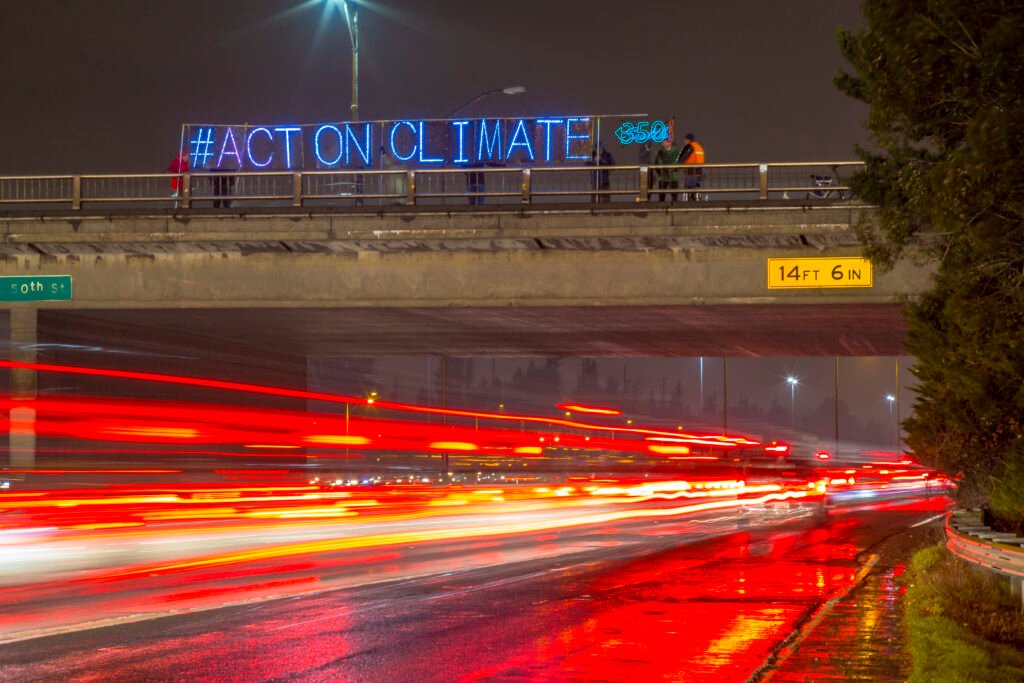Among greenhouse gases, methane is more harmful than carbon dioxide in terms of trapping heat. According to the United Nations, about 32 percent of human-caused methane emissions comes from livestock. Ali Rogin speaks with Ben Lilliston at the Institute for Agriculture and Trade Policy to learn more about Denmark’s new and controversial approach to reducing these emissions.
Text from original video description.
Summary
Denmark is implementing an annual tax on livestock greenhouse emissions, $100 per cow, to reduce methane emissions and combat climate change. Methane is a significant problem, 80 times more potent than CO2 over 20 years, and cows are a major source of methane. The tax aims to encourage farmers to reduce their herds, install wetlands, and transition to climate-beneficial land practices. The tax is part of a broader plan that includes changing cow feed, but the effectiveness of this approach is still unclear. This tax is the first of its kind, and it is uncertain if it will be replicated in other countries, including the United States.




